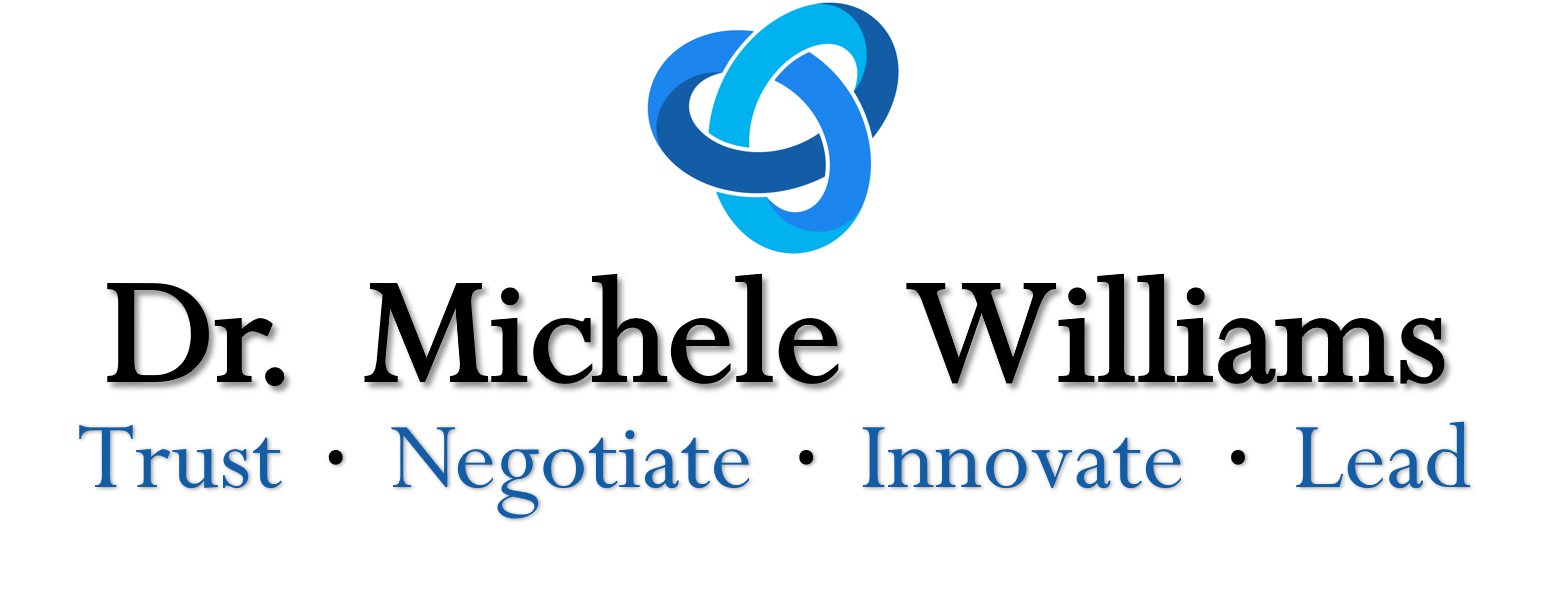Too Hard to Rebuild Interpersonal Trust? Try These 4 Steps!

Trust is the glue that holds teams together, but what happens when trust is hard to rebuild? Maybe your colleagues have conflicting values, opposing views, or even irreconcilable differences. When trust is low, team members may avoid one another, withhold critical information, or form divisive subgroups.
So, how do you get a team like this to cooperate and deliver on project goals? 🤷♀️
The good news is that economists and sociologists suggest it’s possible for people to work together even when trust is limited. Here are four actionable strategies to foster collaboration, no matter the level of trust within your team.
1. MONITOR TEAM MEMBERS' ACTIONS AND DECISIONS

Keeping a close eye on your team can ensure accountability and adherence to shared objectives. This straightforward approach can work on smaller tasks, but on complex, interdependent projects, monitoring every detail becomes nearly impossible. That’s why this tactic is best paired with others.
2. ALIGN INCENTIVES

When incentives are directly tied to cooperation, self-interest can work in your favor. For example, offering performance bonuses or recognition for teamwork can encourage collaboration. However, the more intricate the project, the harder it becomes to craft the perfect set of incentives. Choose wisely and consider tailoring rewards to specific team dynamics.
3. CREATE A STRONG SUPERORDINATE IDENTITY

Help your team connect to a shared, overarching goal or identity. When individuals strongly identify with their team, department, or organization, they naturally prioritize group objectives and perceive their colleagues as more trustworthy. Create compelling messaging, rituals, or shared symbols that foster this collective identity and unite your team around a common purpose.
4. BUILD A CULTURE OF COOPERATION

This step requires time and commitment but pays off exponentially in the long run. Establishing norms and routines that encourage collaboration, openness, and information sharing can act as a structural backbone for cooperation. Leaders play a critical role in modeling these behaviors and recognizing team members who embody the desired culture.
DOES YOUR TEAM HAVE A CULTURE OF COOPERATION?
While rebuilding trust may feel like an uphill battle, these strategies provide a framework to foster teamwork even when trust is low. Whether you focus on monitoring, aligning incentives, building a shared identity, or cultivating a cooperative culture, these tools can help turn a divided team into a productive one.
Take a moment to reflect: Does your team have a culture of cooperation? If not, which of these steps will you try first?
